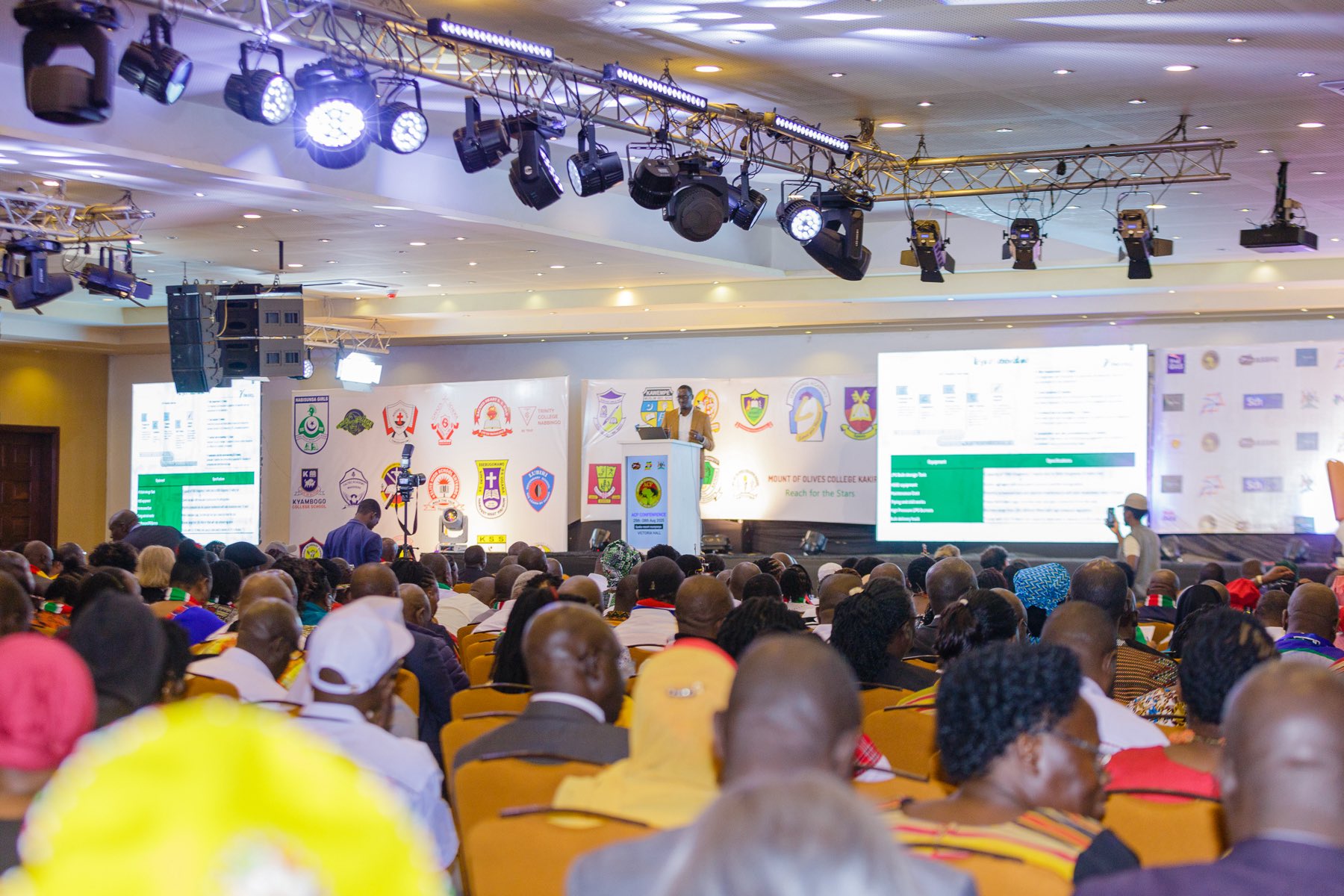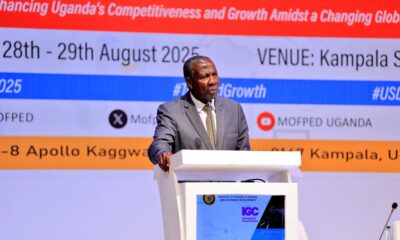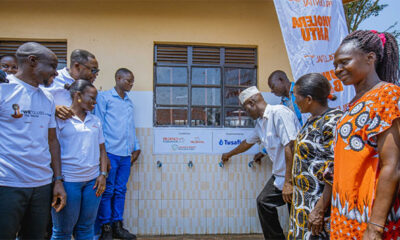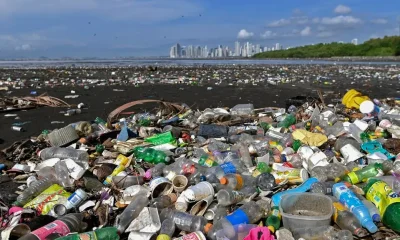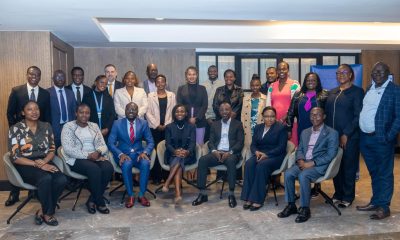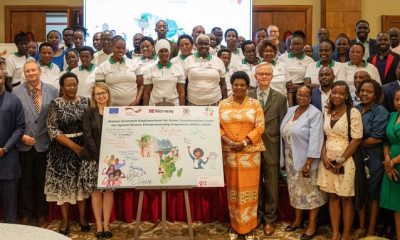Climate Change
Vivo Energy Uganda Promotes Clean Cooking Solutions for Schools, Boosting Climate Action
Vivo Energy Uganda, the distributor of Shell-branded fuels and lubricants, is championing cleaner, safer cooking solutions for schools through its Shell Gas Liquefied Petroleum Gas (LPG) program, showcased during the annual Association of Secondary School Headteachers of Uganda (ASSHU) conference. The event, taking place from August 25 to 28, 2025, at Speke Resort Munyonyo, will bring together school leaders from across the country.
As part of its commitment, Vivo Energy Uganda contributed Shs 20 million to support the conference’s organisation and logistics, reinforcing its focus on sustainable development and education.
Speaking at the event, Alvin Bamutire, LPG Manager at Vivo Energy Uganda, emphasised the company’s dedication to advancing both education and environmental sustainability.
“This conference offers us a valuable opportunity to engage with school leaders, demonstrate our schools’ LPG project, and highlight the long-term benefits of Shell Gas for institutional cooking,” Bamutire said. “We are proud to support ASSHU and look forward to exploring partnerships that improve cooking solutions in schools.”
Clean Energy, Health, and Environmental Benefits
Shell Gas offers several advantages over traditional cooking fuels, such as firewood and charcoal. Switching to LPG reduces cooking time, lowers costs, and eliminates harmful smoke that contributes to respiratory illnesses, thereby improving health outcomes for students and staff.
From an environmental perspective, adopting LPG curtails deforestation and reduces carbon emissions, helping schools contribute directly to Uganda’s climate action goals. The move also positions schools as role models for sustainability, inspiring students to embrace eco-friendly practices.
Bibian Geraldine Nakabiri, Brand Manager for LPG, highlighted the transformative potential of clean energy in educational institutions:
“We believe Shell Gas can play a key role in schools by offering modern energy solutions that improve cooking efficiency while promoting environmental stewardship. This conference enables meaningful conversations with school leaders about the opportunities for clean energy adoption.”
Schools like King’s College Budo have already embraced LPG, demonstrating a commitment to sustainability and the health and safety of their communities. By shifting away from traditional fuels, schools can reallocate resources toward infrastructure and educational programs while saving time previously spent on fuel collection and preparation.
ASSHU leadership welcomed the initiative, noting its potential to reshape energy use in Ugandan schools. Deborah W. Basekanakyo, President of ASSHU, and Zulaika Nabukeera, General Secretary, said:
“We are delighted to have Vivo Energy Uganda and Shell Gas as partners in this year’s conference. Their participation enriches discussions on innovative solutions that can positively impact schools, and we look forward to building stronger collaborations in the future.”
Vivo Energy Uganda encourages all schools to book on-site LPG assessments to explore the benefits of Shell Gas. The transition represents a significant step toward cost savings, health protection, and environmental sustainability, aligning Uganda’s education sector with broader climate action and energy efficiency objectives.
As the country continues to tackle climate change, initiatives like Shell Gas in schools illustrate how private sector innovation and education can intersect, creating healthier, greener, and more productive learning environments nationwide.
Comments



